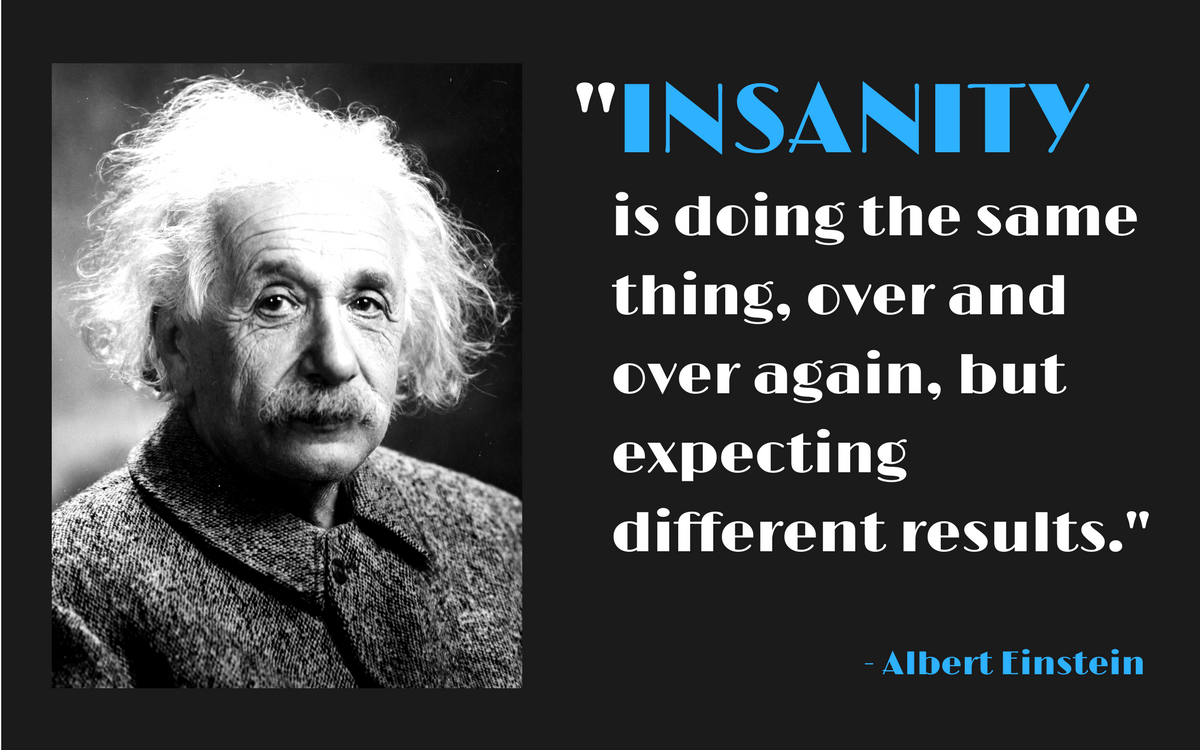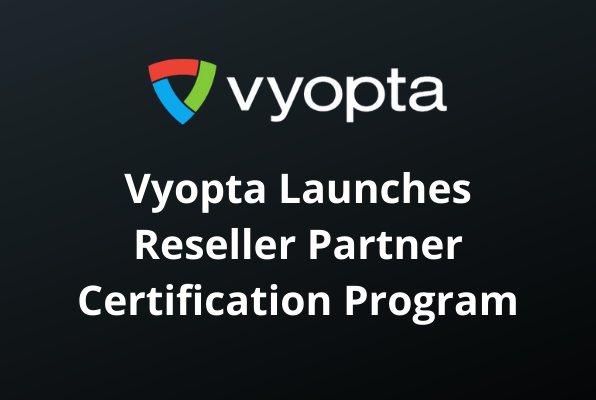Vyopta CEO Alfredo Ramirez recently spoke with Thomas Capone, CEO and chairman of the New York Distance Learning Association, on his Coffee In The Clouds podcast. In addition to matters of interest to educators and students, Ramirez discussed trends in collaboration and work practices as major enterprises across the globe adapt to life after the Covid-19 pandemic. Get more of their interview here.
Were you in a position to have insights as to how North America fared versus the rest of the world as it relates to the pandemic and how business was operating, or not operating?
Yeah, in fact we supplied the University of Massachusetts Amherst economics department with some of those insights that they have published a white paper and they’re submitting it for publication now. It was based on just our customer base and we did see what was already reported in general across different UC vendors; a massive increase in the use of unified communications in the cloud. But when the pandemic kicked off it was interesting to see that the UC on-premise solutions were still delivering much better quality because the wide area networks were already conditioned to support it, just a part of it was also the volume of lines dropped significantly.
So we had way more capacity of network and the infrastructure to support that. The quality did improve over time with cloud services. You could see that as well. And the number of participants in meetings, and number of meetings obviously increased significantly.One of the things we did not observe that we thought was going to happen, maybe not as quick as the adoption of video in the cloud, but… a lot of large enterprises haven’t necessarily migrated to cloud voice really quickly. The SMB mid-market has been more aggressive about adopting than the larger enterprises. They are migrating or have plans to migrate, but we didn’t see the move as quickly as with video.
We have approximately 46 percent of the schools of business in our community. I’ve noticed majors like data, business analytics, big data-based majors in information technology are popular. Is that world of data analytics a part of what you do?
Big data is a core part of our architecture that’s built into the platform. Micro services, that’s highly scalable and extensible, but the data we store and collect, and that’s really just metadata, it’s a hybrid non-SQL/SQL data storage and data access environment. And we can apply (artificial intelligence and machine learning) to that to to really improve the insights over time.
So it’s of no surprise to you that those majors are hot and that’s a hot area of education.
I believe over time data science will be better. We’ll have different tiers of data scientists. I think today the categorization of someone claiming to be a data scientist is not completely the same for all data scientists. There’s going to be those who are very skilled at mathematics, different types of mathematical modeling, which would be one tier down to those who can collect data, manipulate it and apply some degree of business rules to it. There’s that entire spectrum of data science that is being implemented into applications today. I guess the category of big data and analytics with data science is what’s allowing our business community and public sector to advance more quickly going forward, because that will provide analytics and insights on how to improve different functions continually over time.
If you were going to give advice to someone you love about the future and the future work, what would be some of the pearls you’d be giving them?
First, I’d present the case that every business today is a technology company. So the basics of learning science and math and communication skills, languages… those are core courses and knowledge to continue to pursue. Whether it’s K-12 or in universities teachers and students should really gravitate to taking advantage of that. But now there’s newer technologies around data science. You can do more with math but then there’s the computer science aspect. I believe computer science should become a core offering in K-12. It is a core skill that’s becoming much more a need that businesses are looking to leverage, or are expecting more people to have knowledge of going forward.
At the end of the day, the more we can educate and influence and convince young people to take on the opportunity to learn these new science-, mathematics- and computer-based courses, that can only enhance their ability to contribute and be of greater value in helping our communities and businesses advance forward.
On your website I see a tremendous number of household brands, logos, companies that we all recognize. Who is it at those mega companies that is the advocate and fan of Vyopta?
Today, the primary persona and decision makers are in IT. And we’ve got an application that is referred to as Workspace Insights that we still sell through IT, but typically facilities and real estate teams are the ones funding that purchase because they’re the part of the user base of that application.
When did you realize that you had something that was going to be so germane and in demand for the for the type of world that we’re in right now?
About six years ago when we pivoted the business to focus on performance management of unified communications, that data and the ability to prove out the product/market fit was the light that basically said, “Alright, we should put all our eggs on this.” Obviously there’s other dependencies, networks, wireless networks with higher capacity, like 5G now having more powerful computing power and better codecs that there were more dependencies to enable us to start growing more quickly and being able to deliver more value.
And then there’s the pervasiveness of everyone using these technologies. Education organizations I’m sure had to leverage grants if they weren’t in a very wealthy education institution. And there was only limited enterprises using it, versus now I believe the soft client or the Web RTC-based client has democratized the use of these applications beyond just large enterprises and in large educational institutions to everyone around the world.
Before the pandemic, the big things in the news were AI, Internet of Things, we were talking about climate… that kind of stuff in the news cycle. So now that we’re coming back out of the pandemic, what do you think is going to go back into the news cycle?
I think enterprises globally will continue to invest in applications with artificial intelligence. I believe we’re still in the novice stage of AI. There’s just so much more to it. And there’s different types of AI and then regarding Internet of Things, that’s only going to grow and balloon. Like I was mentioning earlier, as people return to the office, there’s going to be greater density of technology, whether it be communications and collaboration technologies to sensors making office space smarter, you know, measuring peak number of people, temperatures. The list just goes on and it’s all about making that telemetry data available to figure out how do we enable people to do more, faster, better, in a safe work environment as well.
Learn more about collaboration and the future of work from Vyoptaverse.
Chad Swiatecki is a business writer and journalist whose work has appeared in Rolling Stone, Billboard, New York Daily News, Austin Business Journal, Austin American-Statesman and many other print and online publications. He lives in Austin, Texas and is a graduate of Michigan State University. Find him online on LinkedIn.








